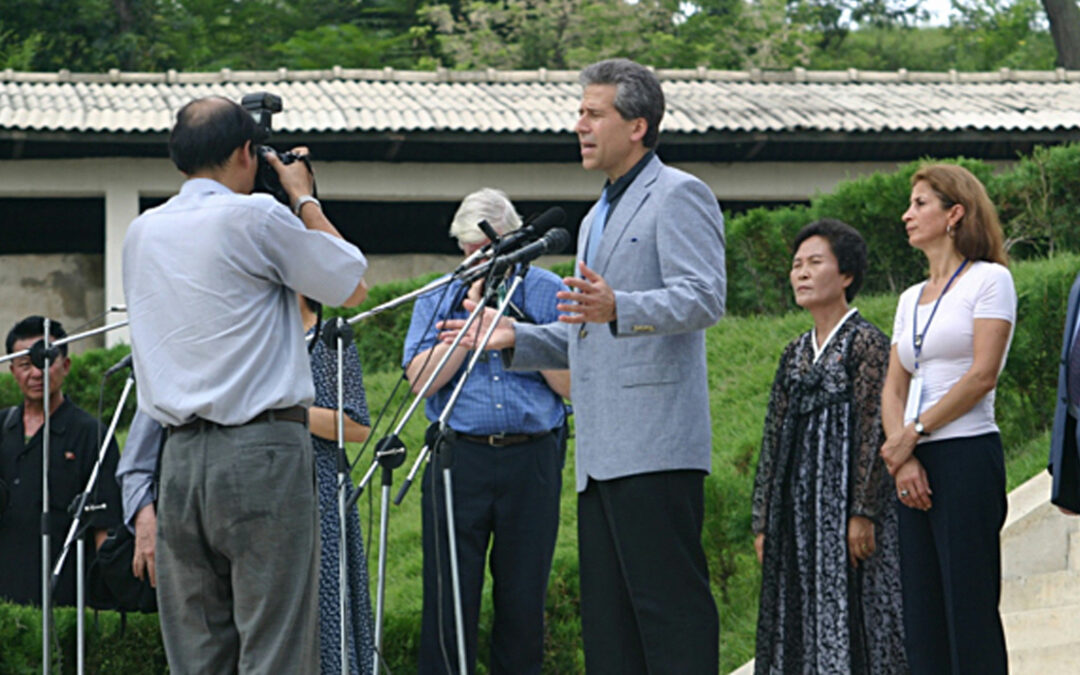Ubuntu thinking has existed across non-dominate cultures around the world for centuries. Just like the Navajo Nation Peacemaker Court that integrates spiritual principles into conflict resolution, in Hawaii, there is an ancient dispute resolution process called, Hoponopono, or, “to make right, both with the ancestors and those with whom you have relationship.”
In a small beach thatched hut on the island of Oahu, I listen intently as Kaihe, (“He who throws a spear”), and his wife Alana, describe this practice as a kind of realignment technique. As in South Africa, the process relies upon the forgiveness of others—which ultimately means forgiving ourselves.
“You are the only one that can change your life,” Kaihe tells me. “When you choose to reconstruct your relationships and responses everything shifts.”
How we respond to the world around us determines whether we live in a world of separation or the interconnected reality of ubuntu – what Archbishop Tutu once told me was “the essence of being human.” It is what gives me hope that change is possible. Less of moving mountains and more of shifting our angle of vision from what separates us to what unites us.
I’d heard Native American peacemakers speak about the power behind being a warrior. As a long term peacemaker, I’d often steered clear of such a term as it conjured up battle and violence. Could one be a “warrior for peace” or a “warrior for justice?” But the warrior archetype within us all reflects someone connected to the power of presence, one who uses communication effectively focused on what needs to be heard at the time, and one who empowers others by taking a stand – leading through intention and example.
Drawing upon cultural anthropologist Angeles Arrien’s The Four-Fold Way: Walking the path of warrior, and visionary, the characteristics of a warrior for peace would include one who:
• Shows honor and respect for all things
• Employs judicious communication
• Sets limits and boundaries
• Practices responsibility and discipline
• Demonstrates the right use of power
• Understands the three universal powers (presence, communication, position)
This crazy world can seem out of control and hopeless. But when we discover the power within, this essence of being human, everything shifts. We curate shows, homes and events. Is it not time to curate our lives to be an example of a shining beacon of hope for our children and the planet?
Read more about peacemaking in Eric Sirotkin’s book, “Witness: A Lawyer’s Journey from Litigation to Liberation,” available in paperback and Kindle on Amazon. Click here to purchase.

